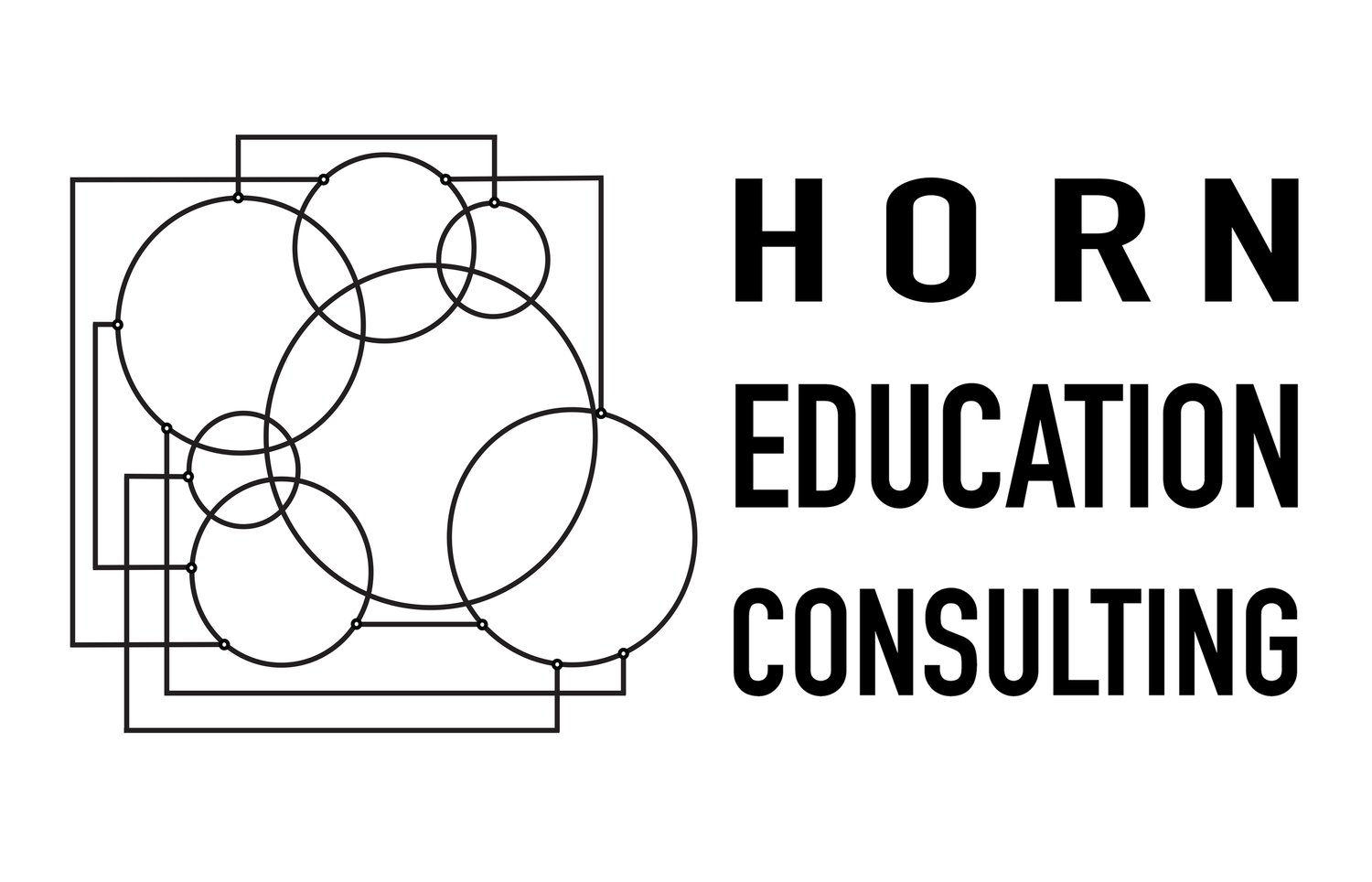Windows and Mirrors with Emily Style
Emily Jane Style is a relational scholar. She appreciates the intellectual dimension of ideas, but also knows that ideas matter relationally, because there are real flesh-and-blood people in any given room, people with real and complex life stories involved in any given discourse. My favorite tribute to Emily’s work comes from Christina Patterson Brown, an educator and activist who studied with her in 1991, and nearly three decades later thanked Emily for modeling “what woke and intersectional work looked like before there was an internet.”
On today’s show we discuss three of the most important concepts Emily taught me when we overlapped as colleagues: come to terms with the large slice of human experience that you don’t know you don’t know; remember that 50% of the curriculum walks in the room with your students; and make sure you’re providing a balance of “windows” and “mirrors” in the texts you ask your students to engage with. We do some school talk on this show, but I believe these ideas have a place in everybody’s toolkit. [Photo credit: Brenda Flyswithhawks. Emily is holding a print of Carmen Lomas Garza’s painting "Earache Treatment," which functions both as window and mirror for Style.]
Featured Musician
Jason Grant is a dear friend and former colleague who also happened to be a participant with me in the first SEED cohort that Emily led at Westfield High School.
Additional Resources
Emily’s 1988 essay “Curriculum as Window & Mirror” has been so influential that the Wellesley Centers for Women threw a 30th birthday party for it on October 4th, 2018.
I’ve used it so often that I adapted it into a one-page handout to use with groups of teachers in various settings.
Emily first wrote about what she calls “DKDK” (what you don’t know and don’t know that you don’t know) in an article called “In Our Own Hands: Diversity Literacy” for Transformations: The Journal of Inclusive Scholarship and Pedagogy, Vol. 6, No. 2 (Fall 1995), pp. 64-84. The piece is quite accessible, with good exercises.
Never miss an episode!
Point of Learning is for anyone curious about what and how and why we learn. Important ideas carefully curated. Available about every other month in podcast audio, often with a YouTube companion edition. Subscribe to the newsletter and I’ll reach out whenever a new episode or bonus item is ready!
Can you spare a dime? If you’re interested in supporting this work, click the button below. Point of Learning has partnered with Patreon to keep support simple, with membership tiers beginning at just $3/month—about 10 cents per day.



